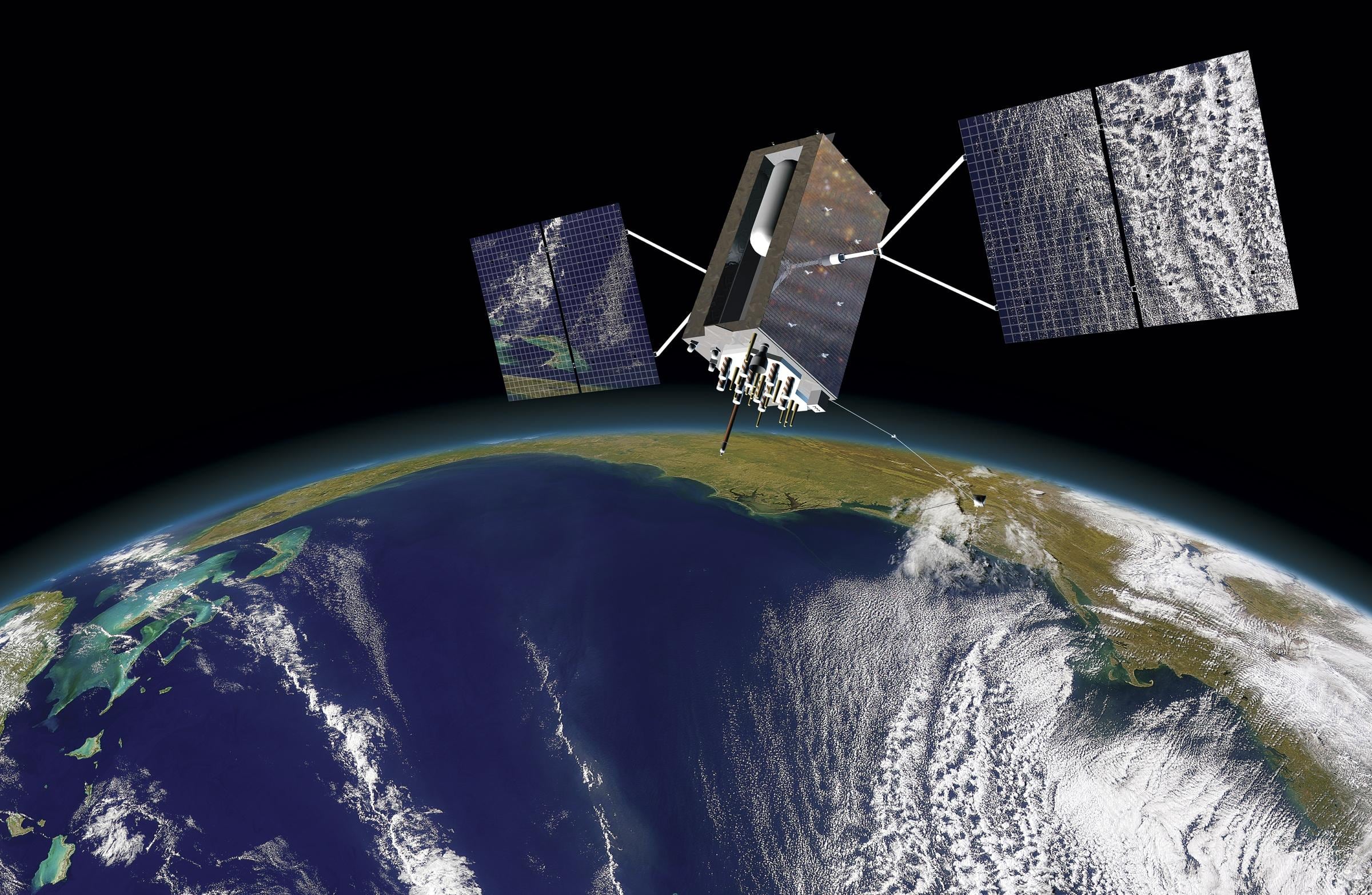Secretary of Defense Mark Esper wants the Federal Communications Commission to reject a proposal by Ligado Networks to use L-Band spectrum for 5G, claiming that the system could jeopardize GPS services.
“I believe there are too many unknowns and the risks are far too great to federal operations to allow Ligado’s proposed system to proceed. All independent and scientifically valid testing and technical data shows the potential for widespread disruption and degradation of GPS services from the proposed Ligado system,” Esper wrote in a letter to FCC Chairman Ajit Pai dated Nov. 18. “This could have a significant negative impact on military operations, both in peacetime and war.”
Esper’s letter is the most recent foray into a battle between the military and Ligado Networks over the use of 40 MHz in the L-Band spectrum, which the company wants to utilize for 5G services.
In October 2018, Ligado Networks announced a multi-year strategic plan to launch a satellite loaded with 5G-enabling technologies and deploy a terrestrial 5G mobile network. That proposal, however, has stalled before the FCC, which needs to approve the plan.
But here’s the hitch: While that spectrum is licensed by the company, L-Band is also how the Air Force’s GPS satellites communicate.
Operated by the Air Force, the GPS satellites provide positioning, navigation and timing data that is essential for modern day life, enabling everything from credit card transactions to real time directions on people’s smartphones. It is also critical to providing the U.S. military the information advantage it believes it needs to stay ahead of adversaries.
Due to the proximity of the 40 MHz spectrum Ligado Networks wants and the spectrum used by GPS, the government has been hesitant to approve the company’s plans to build a new 5G network there.
In December 2018, the National Executive Committee for Space-Based Positioning, Timing and Navigation recommended against approving Ligado Networks’ request to use the spectrum. And following that decision, then-Acting Secretary of Defense Patrick Shanahan sent a letter in April recommending the FCC reject the company’s proposal.
Ligado Networks did not respond to a request for comment. In June, Doug Smith, the company’s chief executive, released a statement expressing frustration with the drawn out FCC process.
“For the past three-and-a-half years, Ligado Networks has worked with industry and government stakeholders on a plan that will finally unlock our lower mid-band spectrum for 5G. We have participated in testing, analysis, studies, workshops, reviews, and meetings, and time after time, we have accepted the burden to resolve concerns by modifying our plan. We have patiently waited for an FCC decision allowing our company to make additional investments that industries here in America so desperately need,” he stated.
According to the company’s past statements, major GPS manufacturers have said Ligado Networks’ proposal would not degrade the capabilities of GPS devices.
Despite the company’s efforts, they have not been able to allay the government’s concerns.
“I request that the FCC reject the license modification request and not allow the proposed system to be deployed,” Esper said.
Nathan Strout covers space, unmanned and intelligence systems for C4ISRNET.








